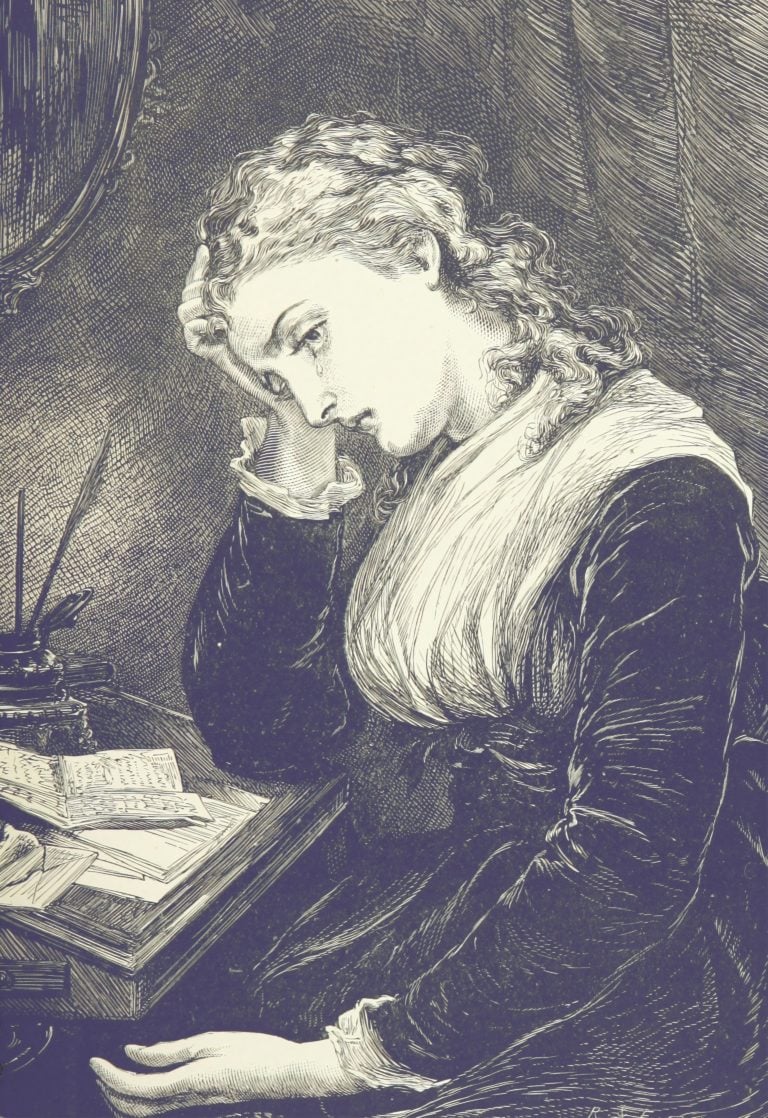Obsessive Compulsive Cleaning: 9 Signs It’s More Than Just Being Neat

There’s a difference between liking a clean space—and feeling mentally trapped by the need to clean. Obsessive compulsive cleaning is a form of OCD where cleaning is not a choice, but a compulsion driven by intense fear, anxiety, or discomfort.
If you feel like cleaning controls your day, your thoughts, and even your relationships, this article is for you. Here are 9 signs you may be experiencing obsessive compulsive cleaning—and what it means.
1. Cleaning Becomes a Way to Reduce Fear, Not Mess
You clean not because something is dirty, but because you’re scared something bad will happen if you don’t. It might be about contamination, illness, guilt, or feeling “off.”
2. You Repeat Cleaning Tasks Over and Over
Washing hands 10 times in a row. Scrubbing a counter until your skin hurts. OCD turns one cleaning task into an exhausting ritual that’s hard to stop.
3. You Have Strict, Non-Negotiable Cleaning Rituals
You follow specific steps or sequences when cleaning—and if anything is out of order, you feel the need to start again. These rituals aren’t flexible. They feel necessary.
4. The Feeling of “Unclean” Won’t Go Away
Even after deep cleaning, you still feel contaminated or uneasy. OCD often causes a disconnect between logic and emotion, so even when you know it’s clean, it doesn’t feel clean.
5. You Avoid Anything That Feels Contaminated
To avoid the anxiety of needing to clean, you might stay away from certain places, people, or situations altogether. This can limit your freedom and isolate you from others.
6. You Discard Things That Feel Tainted
Items you’ve cleaned might still feel unsafe. You may throw away clothes, soap bottles, or even furniture—not because they’re dirty, but because OCD tells you they’re “ruined.”
7. Cleaning Takes Over Your Schedule
You might plan your entire day around cleaning routines. Even important tasks or rest get pushed aside because the urge to clean is overwhelming and constant.
8. You Feel Guilt, Shame, or Panic If You Don’t Clean
Skipping a cleaning step can trigger a flood of emotion—panic, dread, or deep guilt. It’s not about laziness or perfectionism—it’s a psychological reaction rooted in fear.
9. Cleaning Feels Like a Compulsion, Not a Choice
The clearest sign of obsessive compulsive cleaning is that it doesn’t feel voluntary. You have to do it to feel okay—even if it’s draining, time-consuming, or painful.
Final Thoughts
Obsessive compulsive cleaning isn’t about being overly tidy—it’s about trying to silence fear, anxiety, and discomfort through repetitive actions. But the relief never lasts, and the cycle continues.
There is a way out. ERP therapy (Exposure and Response Prevention) is one of the most effective treatments for OCD, helping you face triggers without relying on rituals. With the right support, healing is not only possible—it’s absolutely within reach.
You don’t need to earn your peace by cleaning. You’re worthy of peace already.




